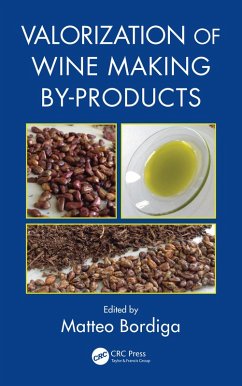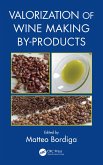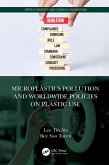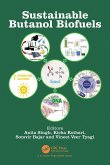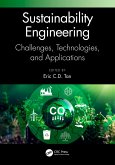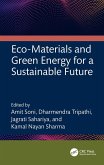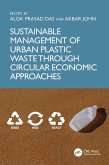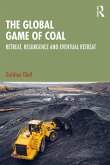Vine cultivation and the wine making process generate a significant number of waste by-products. including pruning, stem, pomace and seeds, carbon dioxide, and wastewater. Efficient utilization of food processing by-products represents challenges for the profitability of the food industry. Efforts need to be made to optimize the technology to minimize by-product waste. This book provides a comprehensive overview of wine making by-products and their potential utilization, presenting a number of value adding technologies for the valorization of those products.
Dieser Download kann aus rechtlichen Gründen nur mit Rechnungsadresse in A, B, BG, CY, CZ, D, DK, EW, E, FIN, F, GR, HR, H, IRL, I, LT, L, LR, M, NL, PL, P, R, S, SLO, SK ausgeliefert werden.

